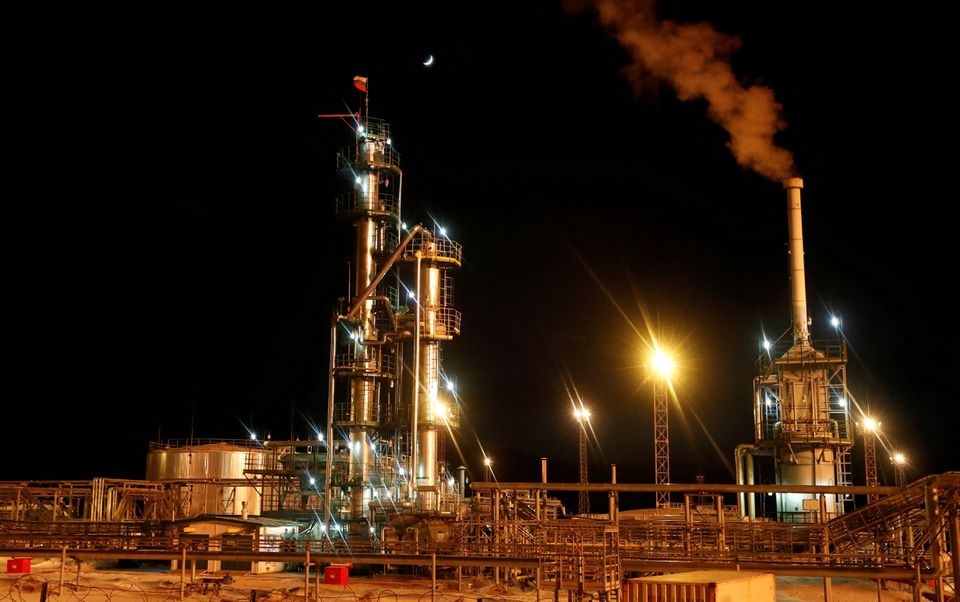Brussels considering ban on gas supplies from Russia
The European Union is trying to isolate Russia through sanctions in response to Moscow's military operation in Ukraine, ignoring the consequences on the bloc itself.
-

A Diesel plant in the Yarakta Oil Field in Irkutsk Region, Russia March 10, 2019 (Reuters)
Brussels officials are considering banning Russian gas, coal, or oil supply. Dutch Finance Minister Sigrid Kaag stated on Monday in a joint briefing with her Spanish counterpart.
"Currently, Brussels is discussing and considering the issue of a ban on coal, oil, or gas. So far I can not say anything more. But this is a very important issue, this is a moral issue," Kaag said.
In the meantime, several countries have already opposed the ban on gas supplies from Russia, including Austria, Moldova, and Hungary.
The European Union is trying to isolate Russia and reduce its strength through sanctions in response to Moscow's military operation in Ukraine, but this will take its toll on the bloc itself, Paolo Gentiloni, European Commissioner for Economy said on Monday at the Eurogroup meeting.
"We are working to isolate and weaken Russia, this is a decision. We are not entering a war, we are not escalating a war, but this decision has a cost. It's obvious that we will have to address the cost of these sanctions and of this reaction," Gentiloni said.
Read more: Kremlin: Oil embargo would hit global market hard
Poland announced, last Wednesday, that it will end all Russian oil imports by the end of the year, while Germany issued a warning about natural gas levels and urged people to conserve, both of which are new signs of how the West’s sanctions on Russia have heightened concerns about securing energy supplies to power Europe.
The EU's 27-nation bloc has refused to sanction energy because it relies on Moscow for fuel for cars, electricity, heating, and industry, but it has announced plans to wean itself off those supplies.
Polish Prime Minister Mateusz Morawiecki told reporters, “We are presenting the most radical plan in Europe for departing from Russian oil by the end of this year.”
Morawiecki’s remarks came a day after Poland announced a ban on Russian coal imports, which is set to take effect in May.
The polish PM added that Poland will take steps to become "independent" of Russian supplies and urges the rest of the European Union to do the same.
While some in Europe are calling for an immediate boycott of all Russian oil and natural gas, the EU intends to cut Russian gas imports by two-thirds by the end of the year and eliminate them entirely by 2030. Meanwhile, jittery energy markets have pushed up already high oil and natural gas prices for Europeans and others around the world.
As a long-term solution, the EU is investing in renewable energy, but it is also scrambling to shore up alternative sources of fossil fuels, including a new agreement with the United States to receive more liquefied natural gas, or LNG, that arrives by ship.
Poland is expanding an LNG terminal to receive cargoes from Qatar, the US, Norway, and other exporters. A new Baltic pipeline carrying Norwegian gas is expected to open by the end of the year. It has also reduced its reliance on Russian oil through contracts with Saudi Arabia, the United States, and Norway, and is considering imports from Kazakhstan.
Germany, the EU's largest economy and one of the most reliant on Russian natural gas, has signed agreements with several LNG suppliers to ship LNG to neighboring European countries and then pump it in. Officials say they hope to phase out Russian oil and coal this year, and natural gas by the middle of 2024.

 4 Min Read
4 Min Read









